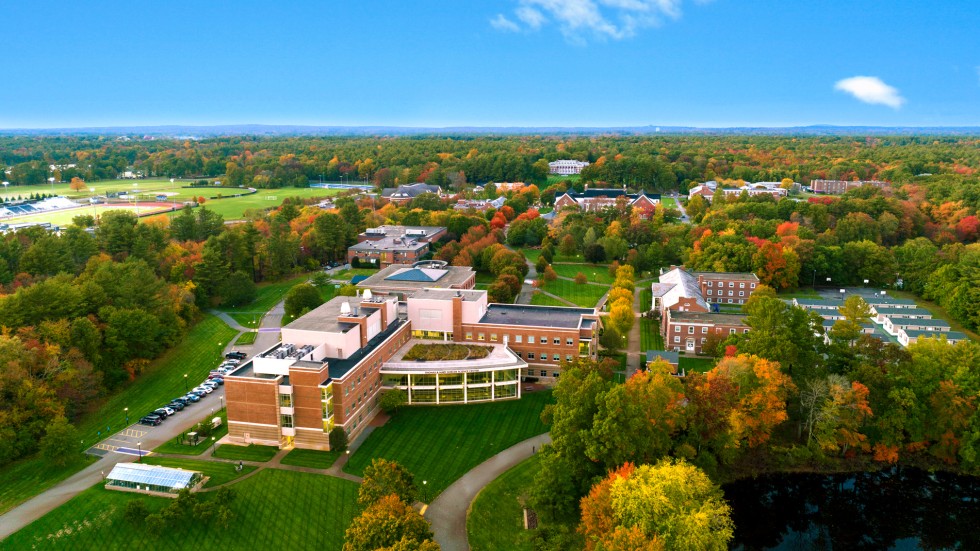The Biochemistry major is offered by the Chemistry Department in the May School of Arts and Sciences .
Daniel Rogers
Shields 315
508-565-1589
drogers2@stonehill.edu
The Biochemistry major conforms to the recommendations of the American Society of Biochemistry and Molecular Biology, and the American Chemical Society. Through a rigorous course of study with a strong emphasis on the learn-by-doing approach, the Biochemistry Program is committed to providing the practical knowledge and skills necessary for graduate study in biochemistry, chemistry, molecular biology, genetics and biotechnology, or admission to professional school. It will also enable students to obtain skilled technical positions after graduation in research laboratories in universities, biotechnology or pharmaceutical development industries, hospitals and government agencies. Juniors and seniors are encouraged to apply for off-campus internships in biochemistry. In addition, each junior and senior Biochemistry major presents two program seminars covering information from the current biochemical literature as well as writing and defending a senior thesis, usually relating to research they have completed.
Program Description
The Biochemistry Program, offered through the Departments of Biology and Chemistry, grants a B.S. and a minor in Biochemistry. The elucidation of life processes at the molecular level is the principal goal of biochemistry. Biochemistry is a discipline, yet at the same time it is an interdisciplinary science drawing many themes from the disciplines of Biology and Chemistry. It is distinctive, however, in its emphasis on the following three areas of study: (1) the chemical composition and three-dimensional structures of biomolecules and macromolecular assemblies; (2) the molecular mechanisms of enzymatic catalysis and regulation of biochemical reactions; and (3) the metabolic reactions which synthesize and degrade biomolecules, with an emphasis on bioenergetics.
Learning Goals
Majors in Biochemistry follow a curriculum approved by the American Chemical Society and will:
- gain chemical knowledge, technical training, and logical and analytical thinking abilities in order to obtain and succeed in chemically/biochemically related jobs or to successfully attend graduate or professional school.
- develop written and oral communication skills to convey scientific information clearly and accurately to both the scientifically-trained and general public.
- develop a strong sense of professional ethics and a fundamental understanding of the impact of chemistry/biochemistry on society, and act accordingly.
The course of study normally pursued by Biochemistry majors is:
